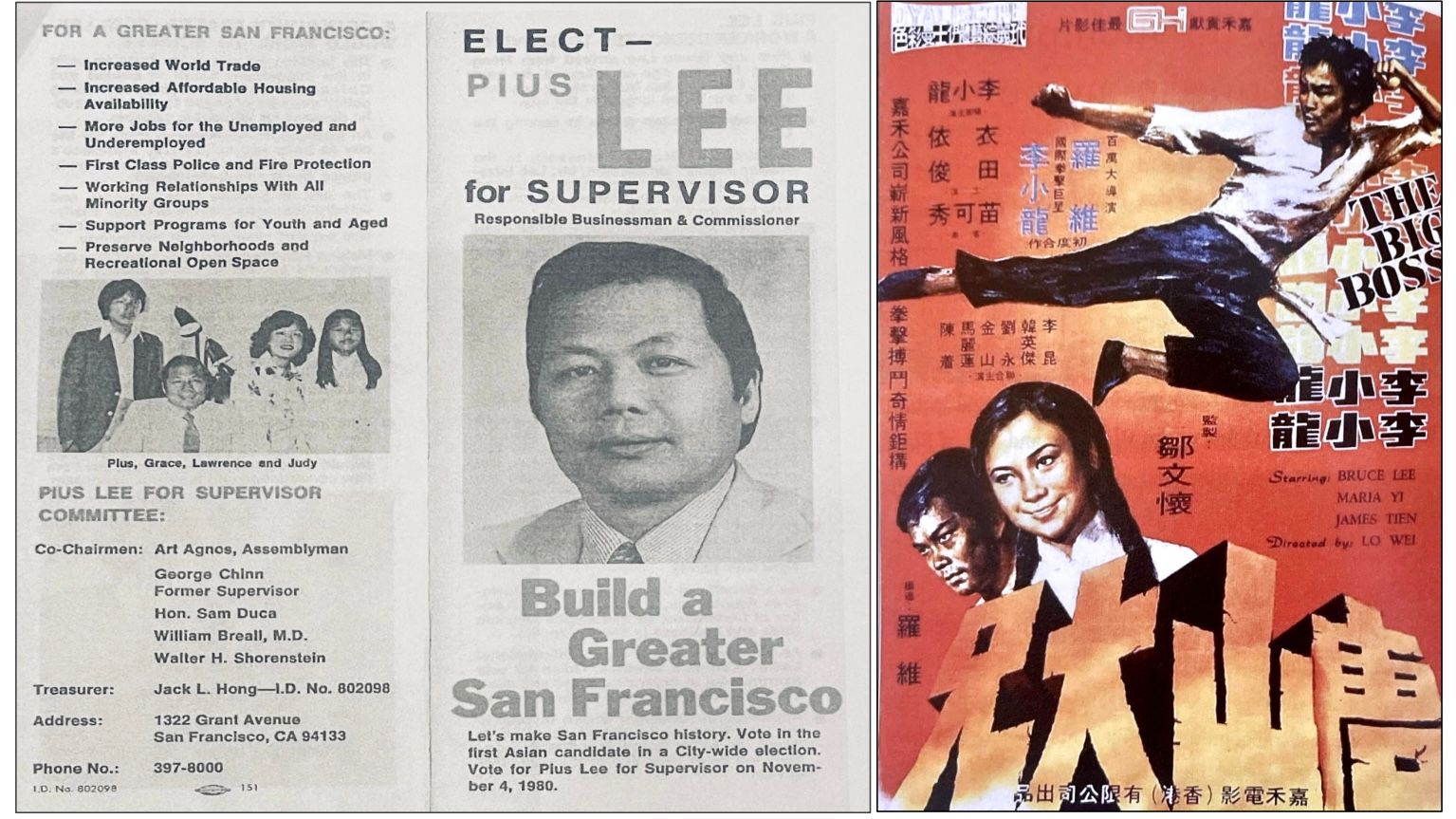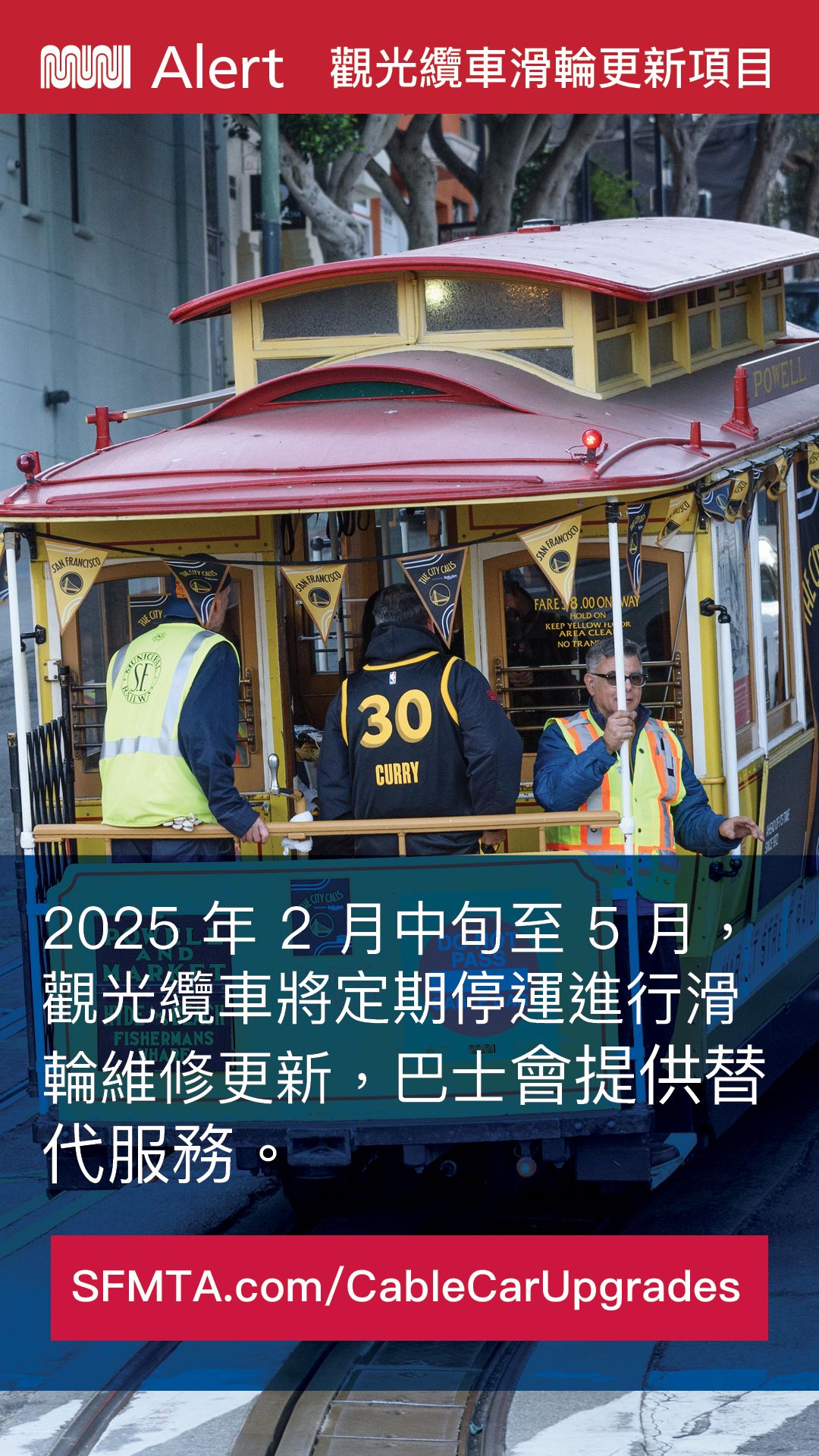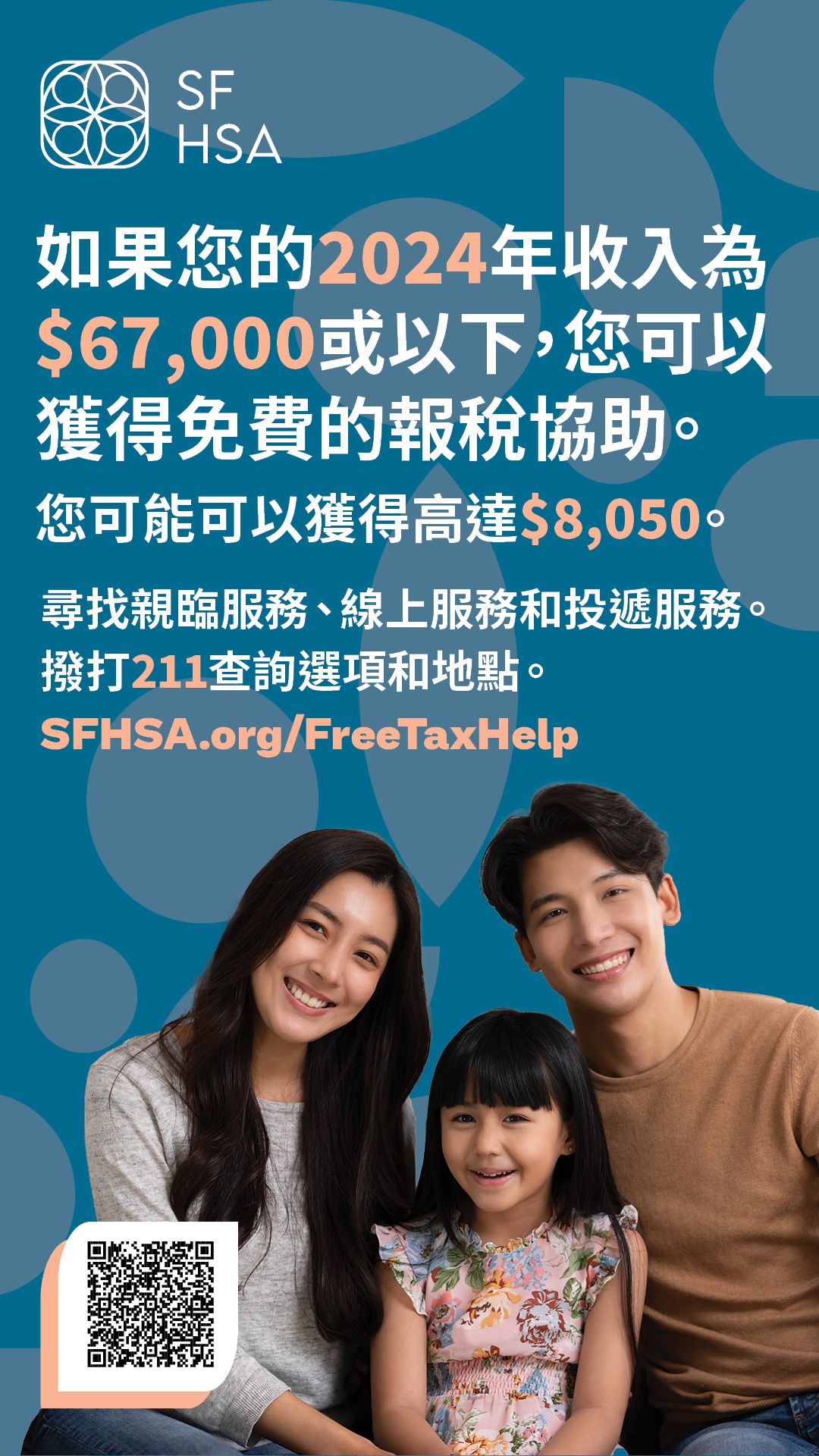Successful attempt at investing in movie - 6 Decade in a Glimpse (Pius Lee Autobiography 4)

Chapter 6: Successful attempt at investing in movie
In addition to real estate investment, I also tried to invest in other fields, such as Bruce Lee's movies, the Big Boss and the Fish of Fury, in 1971.
Although it was a huge success in Hong Kong, it was not the case with the American audiences. Percy Chiu, the famous movie star from Hong Kong, was a staff member of California Realty & Land Inc. He introduced me to Bruce Lee's producer. I proposed to buy the screening rights to the Big Boss and Fist of Fury. However, he was only interested in renting out the movies, not the screening rights.
In those days, buying up all the screening rights of the most popular movies in the United States required not more than $15,000. But the offer presented to me was $15,000 for only one of the movies for two weeks, and would be shown for only two weeks. I accepted the offer.
The movie was shown at the Golden Gate Theatre, both day and night. I never thought that it would sell out. No empty seat. I was so excited that I rented Bruce Lee's Big Boss and Fist of Fury movies to the Bay area so that residents could appreciate Bruce Lee as a great martial art master of our generation and his superb acting skill. Two weeks after deducting theatre rents, wages and advertising costs, I still had a surplus.
For many years, I have been a volunteer performing community services and making use of my skill and political connection as a way to give back to the community.
In 1965, I was working for the union and had the opportunity to get to know the mayor and other political leaders.
At the time the federal government passed legislation and invested resources to help low income communities throughout the country. In San Francisco, five communities, Chinatown, Tenderloin, Mission, Fillmore and Hunters Point, were identified as low-income communities. The city set up an Economic Development Council with a sub-committee that comprised a representative from each of these five communities. They were from different ethnic backgrounds and professions. I was appointed as a member of the council, representing the Chinatown neighborhood.
Chapter 7: Active in politics and defend the pro-family immigration policy
In my life, there were several crucial turning points. I really appreciate my compatriot who led me to cross the border and landed illegally in Macau; Barrister Bernacchi for introducing me to American consular Mr. Lou Goelz; President John Kennedy for his 50,000 refugee legislation; Mr. Goelz for telling me that I was qualified as a refugee and even became my sponsor.
On May 1, 1963, my wife, my older sister and I came to the United States as refugees. I was grateful that my compatriot Mr. Lam Chi Chiu was at the San Francisco pier to pick up my family and drive us to his flower farm land.
After I became a U.S. citizen, I petitioned my father to the United States. Because the U.S. immigration policy through family unification allowed me to start a new career, I was like a lot of immigrants' families, reunited with my own family members and began to plant our roots in America. That is why I have been standing firm on protecting immigration through family reunion.
This pro-family legislation of 1965 would allow U.S. citizens to petition their families to the United States. And later on, my father petitioned his children to come to this country.
On November 4th, 1980, I ran for the San Francisco Board of Supervisors. There was no district election in San Francisco yet. About 20 candidates were in the race, and I received about 25,000 votes. The winners received more than 40,000 votes.
I did not win but I was glad that I had the courage to take the first steps in going into politics. This experience encouraged me to take a more active role in politics and social affairs in mainstream society.
Since 1984, members of the Congress have repeatedly tried to eliminate the brothers and sisters category in the Family Immigration Class. I believe that this family relation immigration is extremely important to the Chinese immigrants' growth and development in the United States.
Since I already became a citizen, as my real estate business was booming and my human resource connection was expanding, I began to put in a lot of leg work and actively defend the immigration policy of uniting brothers and sisters.
In 1984, I met Vice President Walter Mondale during a fundraising dinner. I told him the importance of retaining pro-family immigration. He promised me that he would retain pro-family immigration. He also promised me that he would fight for this policy on my behalf.
In 2013, the family immigration that relates to parents, brothers, and sisters (the 1965 version) was facing an unprecedented crisis. The U.S. Senate voted to cut off pro-family immigration in its current form (the 1965 version). I believe that this was extremely unfair to the immigrants, especially the Chinese community. I raised this issue with former State Senator Leland Yee. The State's both the Senate and Assembly voted overwhelmingly to oppose changing the "pro-family members immigration of 1965".
Before the U.S. House of Representatives took a vote, the State of California sent its pro-family legislation to the President and requested the U.S. full house to oppose it.
As the President of the Chinatown Neighborhood Association, I said, "As it stands, the federal immigration bill unjustly keeps families apart. It is cruel for our country to keep us separate from our loved ones. This unfair policy should be corrected. We strongly oppose the U.S. Senate’s position to eliminate the pro-family immigration law.”
As a result, the House of Representatives opposed and voted against the Senate's anti-family immigration legislation. (The Congress has 435 House members. California is the most populous state, 53.) I believe that the California State Legislature took a stance on this issue at a crucial moment and therefore made a positive impact on saving the pro-family legislation of 1965.
I am very grateful to former State Senator Leland Yee for his strong support pushing for the passage of state resolution SJR 13, which would then pass on to members of the Congress and the President, so that they understood the strong sentiment of the California voters.
The pro-family immigration law still stands today. It protects family immigration visas for parents, brothers and sisters. They keep immigrating to the United States and reunite with their loved ones. It would only make the Chinese community stronger and proper. I hope that those who are citizens should petition their parents, brothers and sisters to the United States as soon as possible, otherwise if the Republicans become the majority in Congress, they would try again to do away with the pro-family immigration visa of 1965.
In 2018, then President Trump said openly that he would eliminate the 1965 brothers and sisters immigration category. He believed that immigration would place a burden on society. It is not true, because all immigrants through family unification must have proof of five years of financial support from their sponsors. New immigrants usually work hard. They created tax revenue and wealth.
Therefore I wrote a letter to President Trump and urged him to keep the brothers and sisters category in the immigration law.
On May 15, 2018, President Trump replied to me in a letter that said, "Moreover, I will continue to press Congress to end the visa lottery and extended-family chain migration."
Although President Biden supports keeping family immigration, former President Trump made it clear that he would enter the 20204 presidential race. If he was elected again, he probably would pull his old trick by ending "extended-family chain migration". We must unite with other Asian voters to oppose his reelection campaign in the 2024 election.
As news reports said, Trump forgot that his father was able to come to the United States because his uncle petitioned his father to the United States. According to Trump, if there was no family immigration law, there would be no president like Donald Trump in this country.
Similarly, news reports said that Trump's First Lady Melania also used the 1965 immigration through family unification law to petition her sisters to the U.S. and they became citizens.
"If your father's brothers did not petition your father to the U.S., then we would not have our former President Donald Trump today." To the former First Lady Melania Trump, "If there was no 1965 immigration law, you would not be able to petition your sisters to this country."
"When your family members no longer need this law, you eliminate it. But, many U.S. citizens need this law to realize family unification. Your father and your wife are beneficiaries of this law, please keep the 1965 immigration through family reunification law!"
In 2019, then Vice President Joe Biden ran for president. On December 12, 2019, I attended his fundraising dinner in San Francisco and told him about the importance of keeping family-based immigration. He promised me that he would keep the 1965 immigration law after he was elected as President.
For that reason, I encouraged voters to vote for Biden. Eventually Biden beat Trump, who was running for reelection, by a slim majority. Biden won the election by only 51.3%. The majority of Asian voters supported Biden because he supported the 1965 law to allow U.S. citizens petition their brothers, sisters and parents for family reunion in the USA.
( To be continued in Issue 190 )
Editor's Note: Community leader Pius Lee retires in 2024 after advocating for the community in many ways for 60 years. He has recently released his autobiography book, 6 Decades in a Glimpse, as his personal memoirs for his friends and families, not for sale. Mr. Lee shares his book with community members to be reprinted in Wind Newspaper's weekly issues starting #186 in April 2024.
- Do empty yellow loading zones best serve the San Francisco Chinatown community?
- T&T Supermarket, largest Asian grocery chain in Canada, announces to open at San Francisco City Center on Geary Blvd. in winter 2026
- (Breaking news: Charlene Wang wins in the Oakland's special election) Charlene Wang runs for Oakland District 2 Councilmember on April 15, 2025 to represent Oakland Chinatown
- Mayor Lurie announces plans to support small businesses including First Year Free program waiving fees for new businesses
- 12 speed safety camera systems out of 33 begin to operate in San Francisco by first issuing warnings instead of citations for 60 days
- Taipei Economic and Cultural Office extends services with opening of its permanent home in San Francisco
- Zu Shun Lei, 90, publishes his comic books to bring joy and laughter into the community
- Prop K opponents sue to stop permanently closing Upper Great Highway for an oceanfront park






